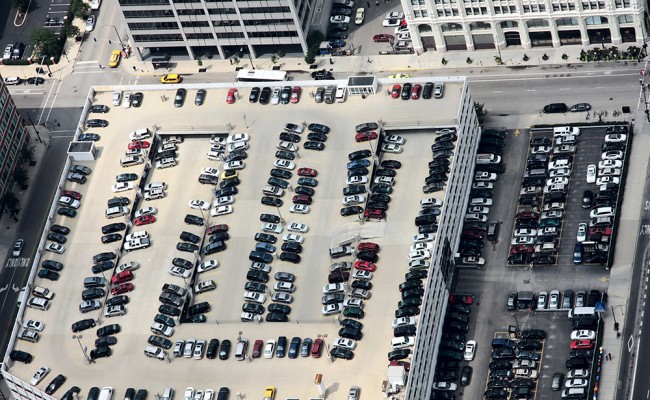We could go, then, to the largest shopping
outlet of this lifetime, where among the
stops is the car park concrete roof we will
aim the car onto, much like Lumiere’s
forehead or Athena’s birth in breech. There
before the door release in breathe-less front-
facing, we both without thought look across
the rebar barricade where – without once
bothering to change – the blithe limit of
the suburb gathers with the sky out of
earshot on the breadth of the further blurred
lowermost line of the eye chart, lying
over Wanwood.
This is the never eventful ever
unenviable devourment of
the world while no-one observes: line of vision
drops seatbelt unclasps head raises solid
beam cuts horizon collapses returns
in the instant: and we lock exit the
vehicle, huffle each sole over the fore-
court. And the sight if ever unnoticed is
there still: all trees have fallen without need
of us; we depart and it would remain,
the glimpse-and-glimpse baking haloed picture
of buildings growing smaller, furthermost
lines thunderously violet and unreadable.
The waterless planet we cheaply visit:
the upturned upper jaw of lampmasts each
untuned to a.m. to deter gathering.
The entrance, strictly a noun, recedes. Scopes
away-out like Vertigo. The frontage,
facade-as-facade through to the carbon,
is adamantly carbon.
This is the interval where garlanded
guinea pigs waddle between low grass walls.
Only there are no guinea pigs and the
air here is heavy.



